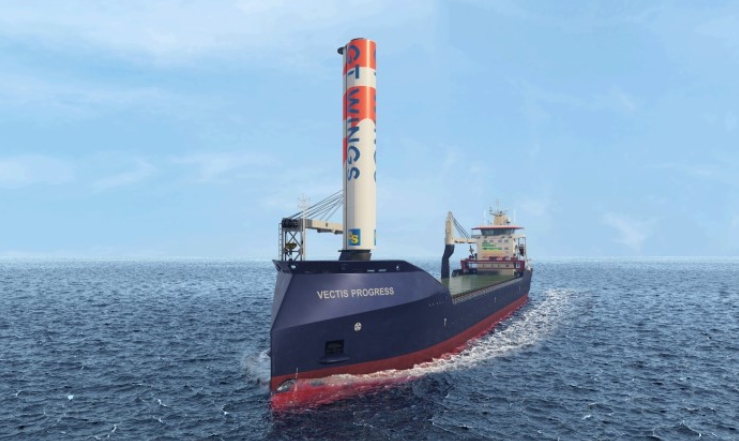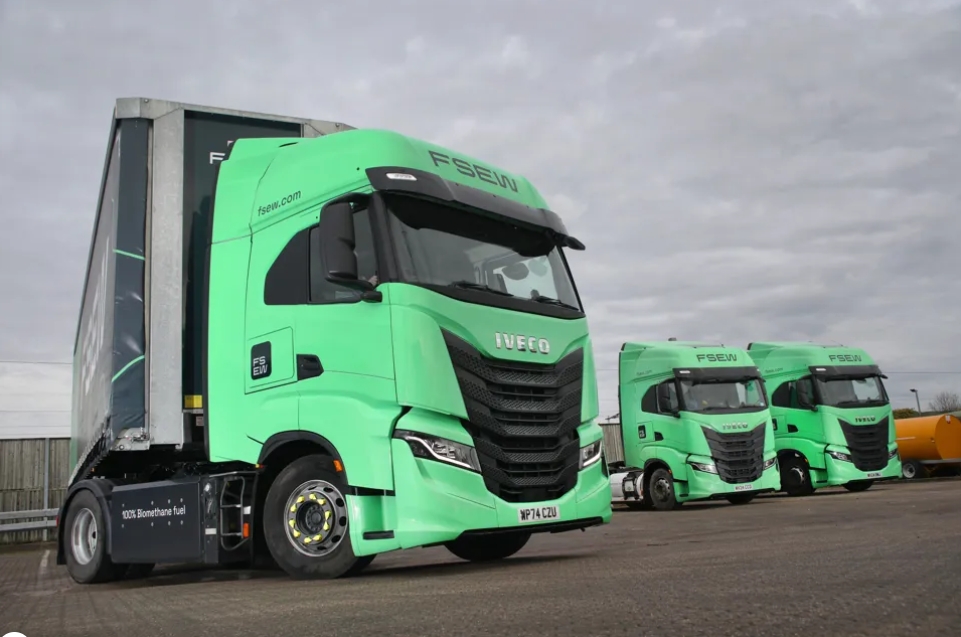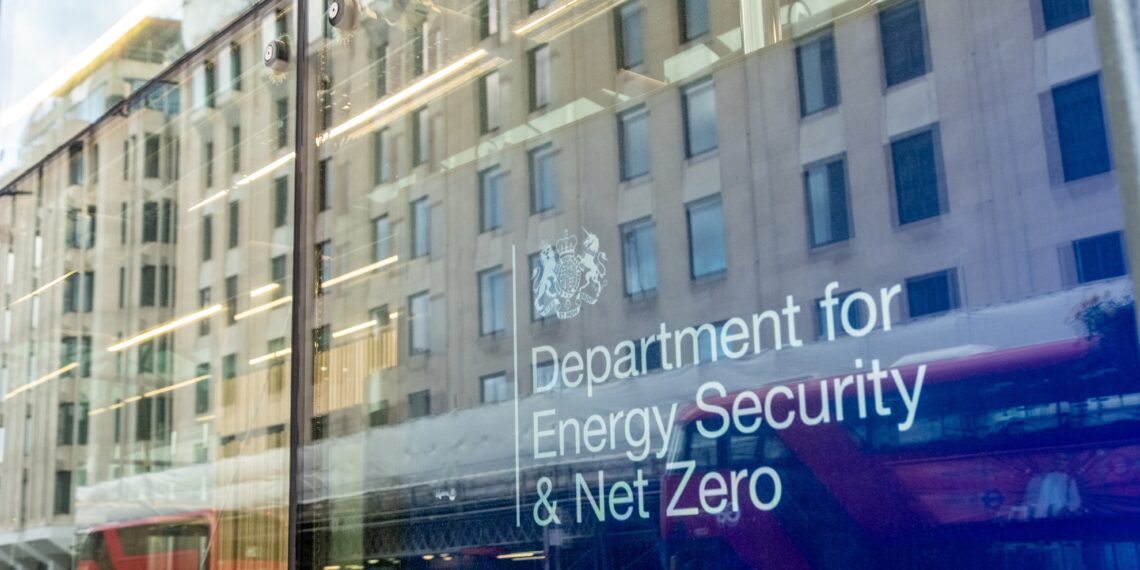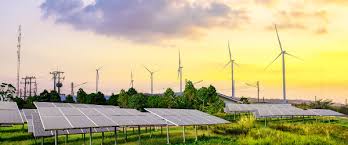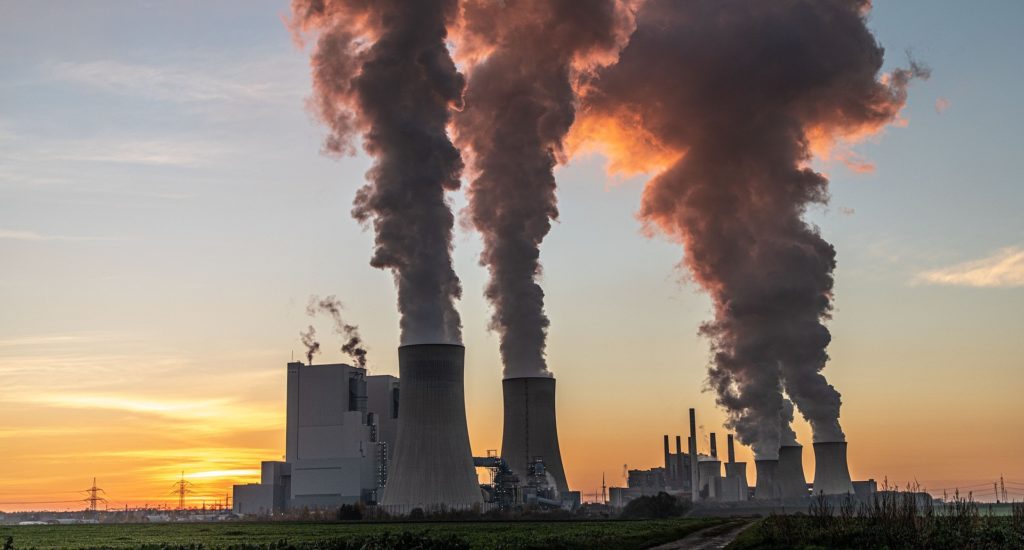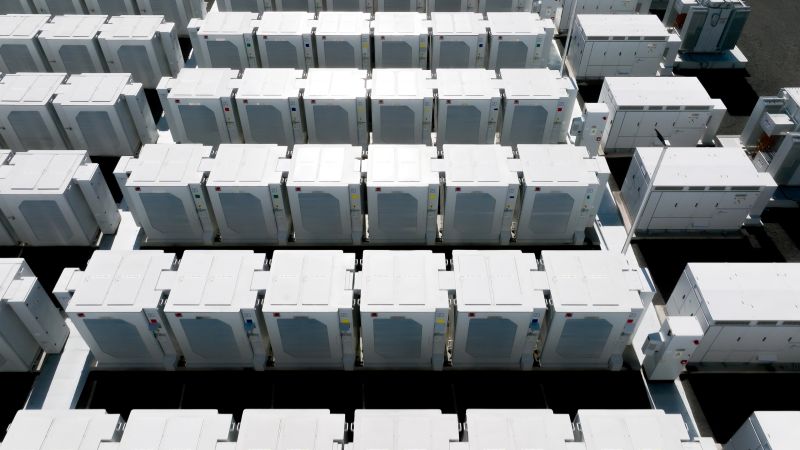The 1,100-MW Datteln 4 power plant, owned by Uniper and located in Datteln in the North Rhine-Westphalia region, opened despite the German government’s stated plan to end coal-fired power generation in the country. The government last year said it would close all 84 of its coal-fired power plants by 2038 as the country moves toward cleaner sources of electricity.
At least eight German coal-fired plants are scheduled to be closed this year. Officials in the North Rhine-Westphalia region had said they would move forward with Datteln 4 because its environmental impact would be offset by the closure of four other coal plants in the region.
The German government and regional officials last year agreed on a compensation plan for the coal industry of about €40 billion ($45 billion). The government has said the money will be used to finance “socially responsible solutions” for workers, including new jobs, new infrastructure projects, and likely providing compensation to affected companies.
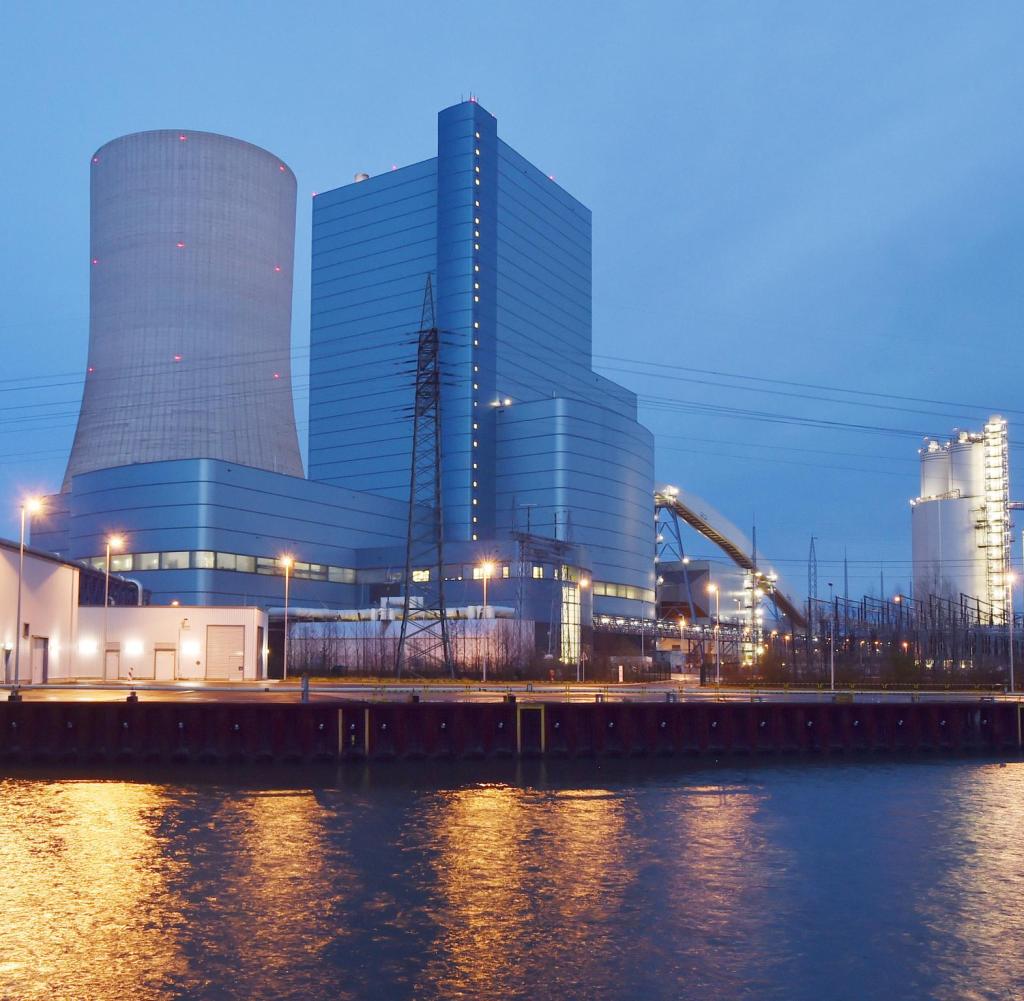
The Datteln 4 power plant in the North Rhine-Westphalia region of Germany came online on May 30. Courtesy: Uniper
Government data shows about 20,000 people have been working in Germany’s lignite (brown) coal industry, with about 15,000 in the mining industry, and with about 5,000 employed at lignite-fueled power plants. By comparison, the country has more than 250,000 workers in renewable energy sectors. Germany closed the last of the country’s black coal mines in 2018. Black coal is a higher-ranked coal than lignite, which is considered the lowest-grade coal due to its low carbon content.
At the height of the country’s coal industry, in 1957, Germany produced 150 million tonnes of black coal and employed 607,000 miners.
The €40 billion compensation is earmarked for German states that have lignite mines and coal-fired power plants: Saxony-Anhalt, Saxony, North Rhine-Westphalia, and Brandenburg. The country at present receives about one-third of its power from coal-fired units; more than half of those burn lignite. Germany has been the world’s biggest lignite producer.
Germany also is phasing out nuclear power, a plan put in motion after the Fukushima disaster in Japan in 2011. The country plans to decommission all its remaining nuclear plants by 2022. The country, which had 17 reactors in operation in 2011, has just seven still online.
Climate Activists Protest at Plant
German media reported that about 500 protesters gathered at the Datteln 4 plant at its opening Saturday, calling for its immediate closure. The groups included Greenpeace, Fridays for Future, Ende Gelände and the German Federation for Environment and Nature Conservation, known as BUND.

